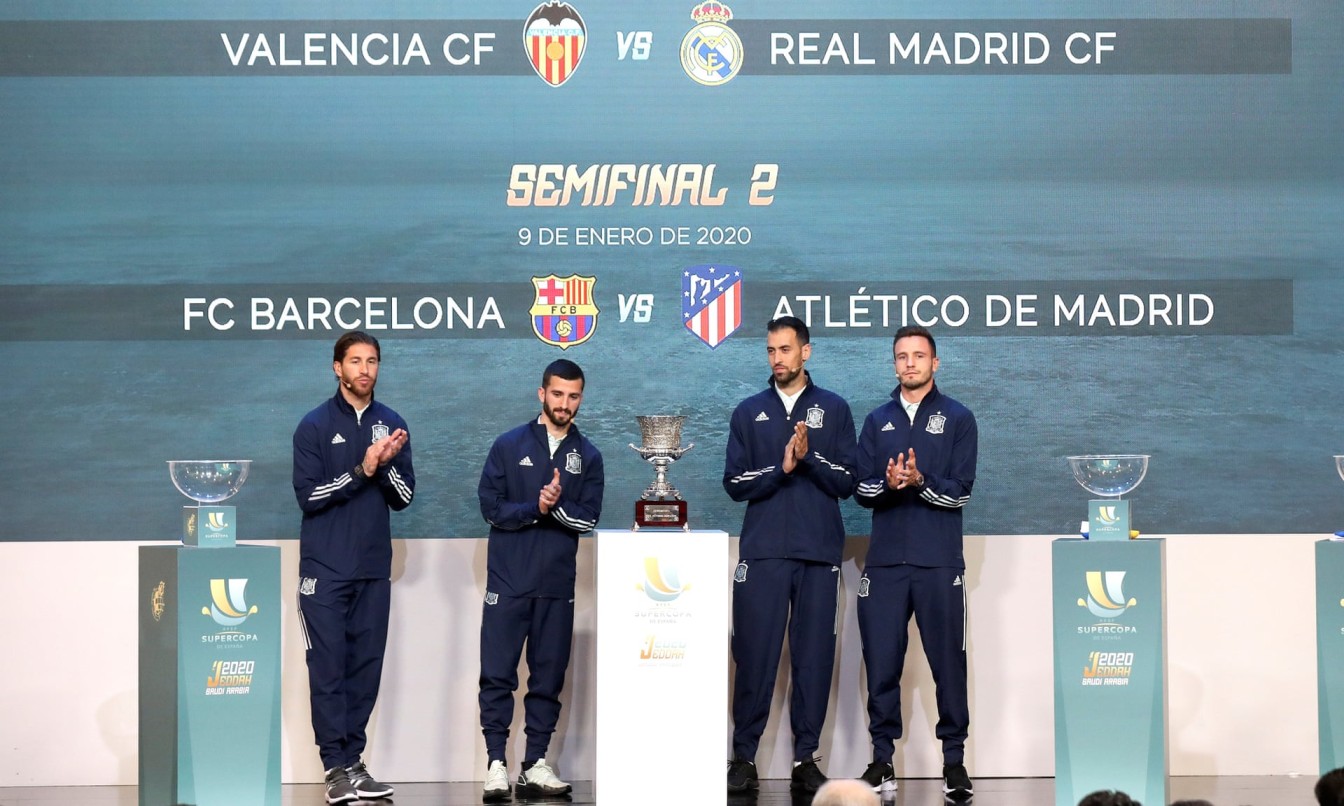Saudi Arabia, the Spanish Super Cup, and Football’s Human Rights Problem

When Spain’s national FA (RFEF) announced in November that a three-year-deal had been struck for Saudi Arabia to host the Spanish Super Cup, many in the football world were dumbstruck.
The deal will see the RFEF earn around £30m per year and comes as part of a massive overhaul of the Super Cup.
The competition will now be contested between four teams: Barcelona, Real Madrid, Atlético Madrid, and Valencia, with the first edition set to be played in January 2020.
RFEF president Luis Rubiales believes that the move will be good for Spanish football and increase Spain’s chances of hosting a future World Cup with Portugal.
Unfortunately, Saudi Arabia has made news headlines in recent years for all the wrong reasons: from the murder of journalist Jamal Khashoggi at the Saudi Arabian consulate in Istanbul in October 2018, to the massive gender inequality which is at the forefront of Saudi society.
Women in Saudi Arabia were not allowed inside sports stadiums until 2018 and even since the rules have been relaxed, they must sit segregated by gender.
While many women in Saudi Arabia play football, there is no professional national team, and those women who do play must wear the hijab.
Three days after the Super Cup deal was announced, Spain’s state television broadcaster RTVE said that it would not show the tournament because of the fundamental importance of human rights.
Spain’s acting junior minister for sport, María José Rienda, and former Spanish international Verónica Boquete have also criticised the RFEF for selling out to a country known for its flagrant human rights abuses.
Rubiales has offered an assurance that women will be allowed inside the stadiums to watch the Super Cup, but in a country that is ranked 141st out of 149 countries on the Global Gender Gap Index, nothing is guaranteed.
Iran, ranked a place behind Saudi Arabia on this index, has also been heavily criticised for its regressive laws regarding women’s rights.
On 2nd September 2019, 29-year-old Sahar Khodayari set herself on fire outside the Islamic Revolutionary Court in Tehran in protest at the six-month prison sentence facing her; she died from her injuries a week later.
Sahar’s crime? Disguising herself as a man to try and enter a football stadium in March 2019.
There have been calls for Saudi Arabia and Iran to be banned from international football tournament unless women’s rights are protected. However, given that FIFA awarded the 2022 World Cup to Qatar, another country where human rights are severely lacking, it is unlikely that football’s governing bodies will take any real stand.
By allowing nations that show such a blatant disregard for human rights to host football tournaments, the RFEF and FIFA are sending a clear message: money talks.
Featured image: Kiko Huesca/EPA